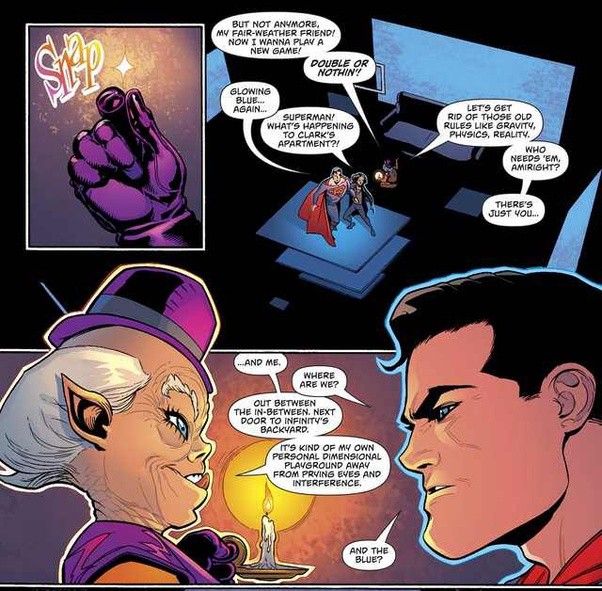

"It never stops, just keeps going, and you never get to the back side of it." He slid around a diamond-like shape in VR hyperbolic space, describing it. Most people have never consciously seen hyperbolic geometry, as opposed to Euclidean geometry, which is how we usually experience the world. We'll go into the difference between them in the next section. In the meantime, if you'd like a peek at the warped rainbow weirdness yourself, go here: h3. You can navigate it with your VR headset or smart phone via a webVR interface. Or you can peruse it on a computer in 2D using the arrow keys.īut be a little careful walking around the 3D version, as the hyperbolic space doesn't have a floor to provide visual balance orientation, and turning corners is very different from in everyday life. That weirdness can give the non-mathematician an idea of how picturing non-Euclidean geometries mentally can strain even the minds of mathematicians and physicists. Segerman and Matsumoto collaborated on the hyperbolic virtual reality experience with a collective of mathematician-artists called eleVR to make the work of the geometry experts easier and more productive. "The virtual reality takes something that would normally live in a set of equations, and makes something you can interact with." "Visualizations can help to prove theorems that are purely abstract, and physicists want to get an intuition for what's going on," said Matsumoto, an assistant professor in Georgia Tech's School of Physics. We recognize this geometry when we look at buildings, desks or coffee cups. If you warp a Euclidean plane like a Pringle's potato chip, giving it hyperbolic curves, you get an idea of hyperbolic geometry. Since we usually live in a Euclidean reality, the warped plane would now look to us like a three-dimensional object, but it's still a plane, so it's really two-dimensional. That warp changes principles: Parallel lines curve away from each other triangles have warped lines, and there's no such thing as a rectangle as we know it. Matsumoto and Segerman's new virtual reality program detects head motions in 3D Euclidean space and warps them into virtual movement in 3D hyperbolic space.Īnd when you've warped the plane, it warps all of space at the same time. And it gives the VR wearer a visual output that is Euclidean, i.e. Hyperbolic geometry isn't just hypothetical. A close second is associate degree with 18% and rounding it off is high school diploma with 11%.It describes some actual physics, and is yet another example that there's more to reality than meets the eye.įor example, gravity from massive celestial bodies bends rays of light. The most common degree for virtual reality specialists is bachelor's degree 58% of virtual reality specialists earn that degree.

What Education Do You Need To Become a Virtual Reality Specialist? What degree do you need to be a Virtual Reality Specialist? On the other end of that spectrum are the Stanford University, Northwestern University and Harvard University.įor those who would rather stay in your pajamas during the day, we prepared some online courses that can help in virtual reality specialist education paths. If your SAT or ACT score aren't as high as you'd like, you can look at La Roche College, as the admission requirements aren't too selective. If you're interested in getting a college degree in an affordable college for virtual reality specialists - California State University - Long Beach is an excellent option for you. Students have a great path to earning their virtual reality specialist qualifications at the following schools: We also broke down what colleges provide the best overall education for a virtual reality specialist. The most common colleges for students to pursue their goal of becoming a virtual reality specialist are University of California, Santa Barbara and Austin Community College. We found these by analyzing 96 virtual reality specialist resumes to investigate the topic of virtual reality specialist education more precisely. 58% of virtual reality specialists hold a bachelor's degree and 18% hold a associate degree. Virtual reality specialists usually study business, computer science or nursing. The education needed to be a virtual reality specialist is normally a bachelor's degree. Virtual Reality Specialist Education Requirements


 0 kommentar(er)
0 kommentar(er)
